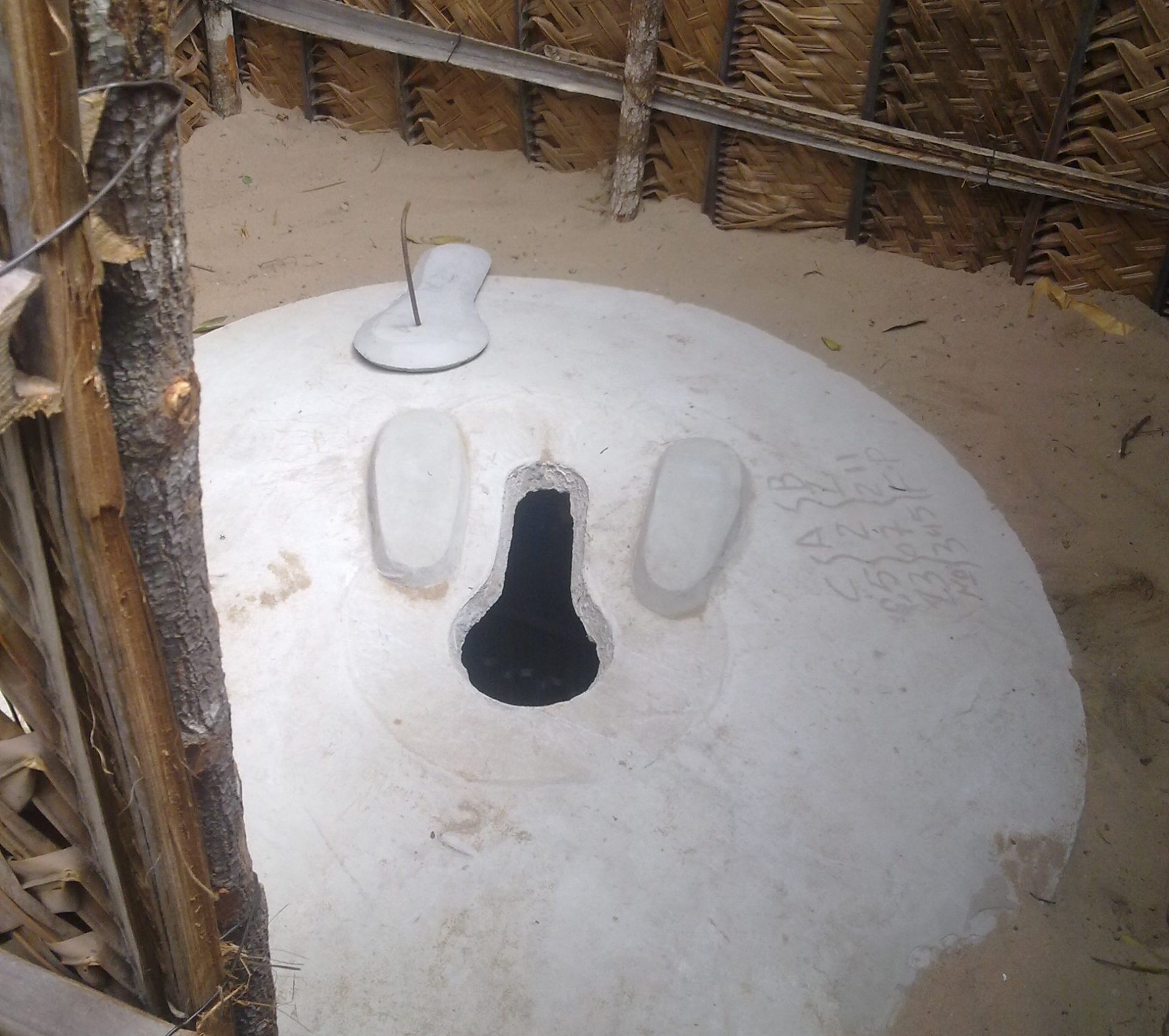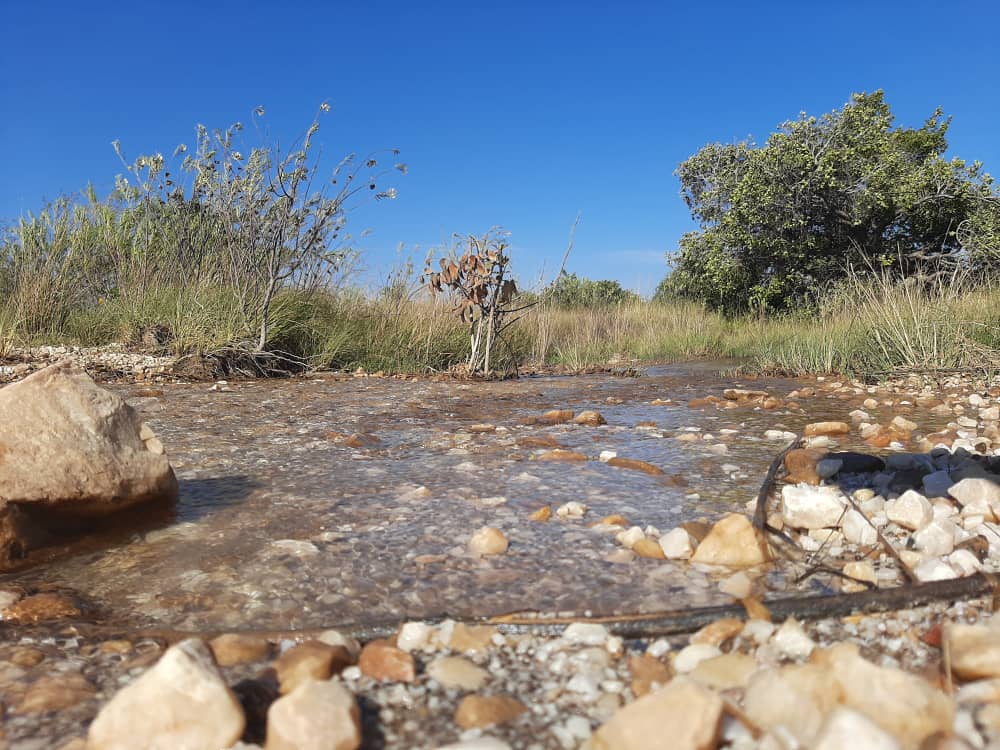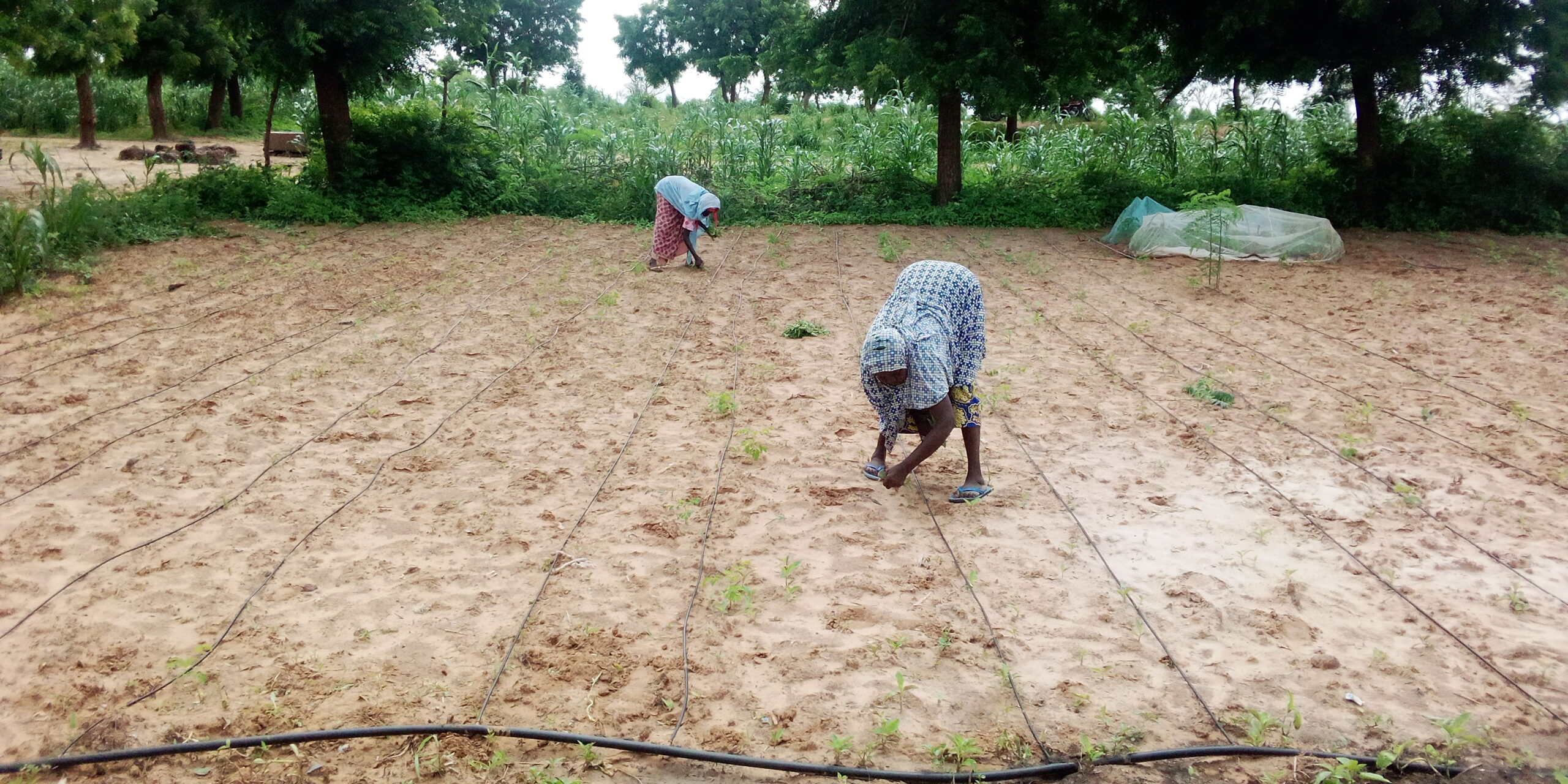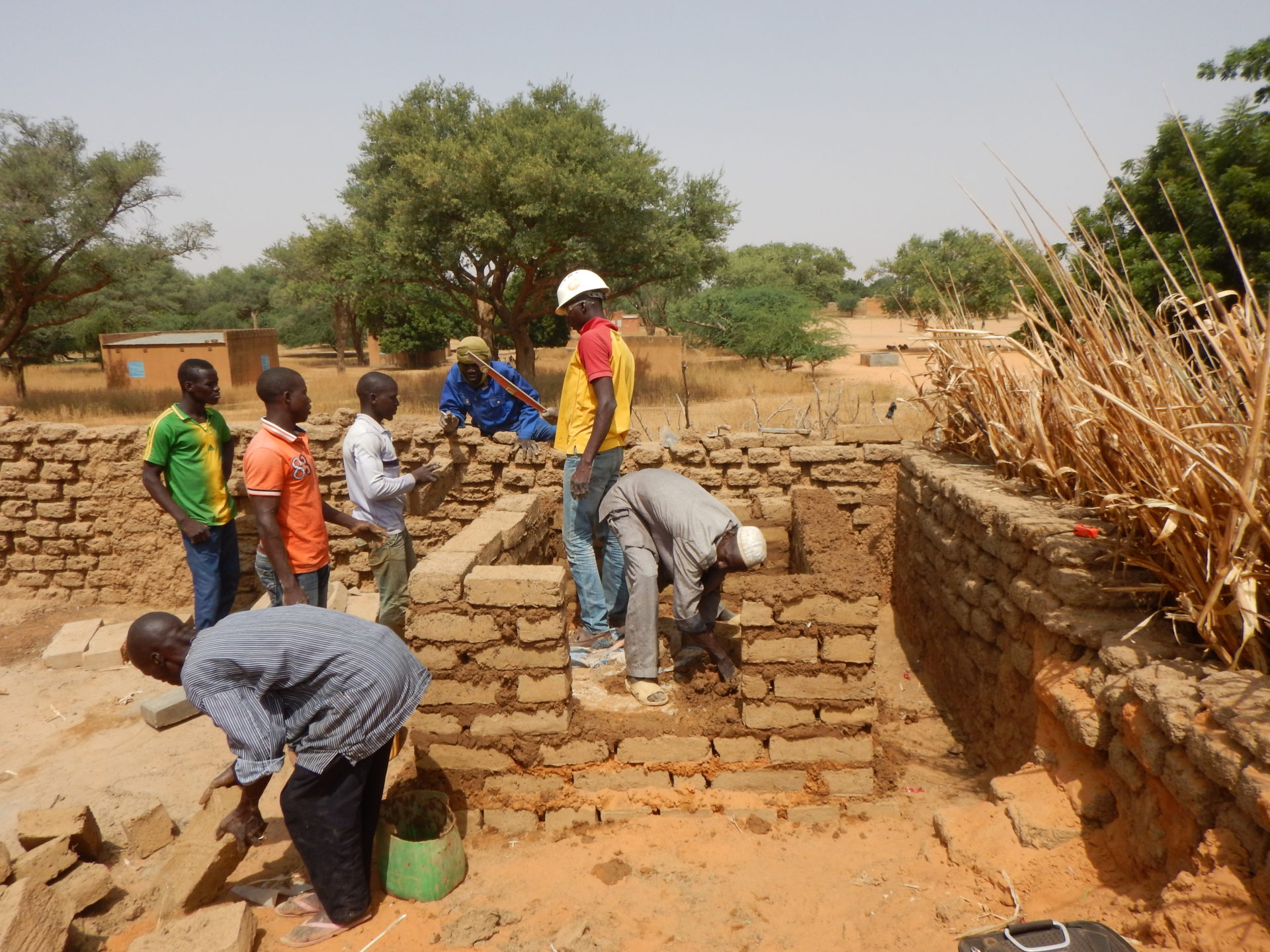
World Toilet Day: Cowater leading the way in improving access to water, sanitation and hygiene in Africa
World Toilet Day is the perfect opportunity to focus the world’s attention on an issue that is sometimes overlooked in most developed countries: access to clean water, sanitation and hygiene education. In 2015, a third of the world’s population still does not have access to adequate sanitation and 1 billion people defecate in the open. The United Nations Sustainable Development Goals have specifically addressed this issue in Goal 6: ensure access to water and sanitation for all; moreover, many organisations and governments around the world are working hard to achieve this goal.
Cowater is currently leading many successful projects that will help bridge the gap and improve access to sustainable water supply and sanitation. For instance, the company has been active in Ghana for the past seven years leading the DFATD-funded Northern Region Small Towns Water and Sanitation Project (NORST), which has improved the lives of thousands of people in 20 small towns. This involved the design, installation, and capacity building support for the construction and operation of water supply systems and appropriate sanitation facilities. There are at the moment 26,250 people with access to basic household sanitation facilities and 53,125 children/youth demonstrating appropriate hand washing and other improved hygiene practices. The successful outcomes of this project are due in part to the incorporation of Community Led Total Sanitation practices (CLTS) and community capacity building.
Furthermore, the DFATD-funded Inhambane Rural Water Supply and Sanitation Project (IRWSSP) in Mozambique has proven success in terms of Open Defecation Free (ODF) certification for 186 communities and 110 schools, positioning Inhambane province as a national leader in sanitation. Cowater, in partnership with the Provincial Directorate of Public Works and Housing of Inhambane (DPOPHI), has involved NGOs and the private sector in the implementation of the CLTS methodology in the 5 districts covered by the project. Additionally, the Healthy Play methodology introduced in the province was a major success in terms of change in sanitation and hygiene behaviour among children through structured educational games.
Related Content
Building a better life for the residents of Lusaka
This year’s World Cities Day, celebrated on October 31st, focused on the importance of adapting cities for climate resilience. Building better cities for a better life requires creating more sustainable, […]
Planting the seeds of resilience across Africa’s drylands
Mark Redwood, Executive Director, SPARC and Laure Tankpinou, Project Director The drylands of Africa are experiencing a series of compounded development challenges, including high levels of poverty, precarious livelihoods, protracted […]







